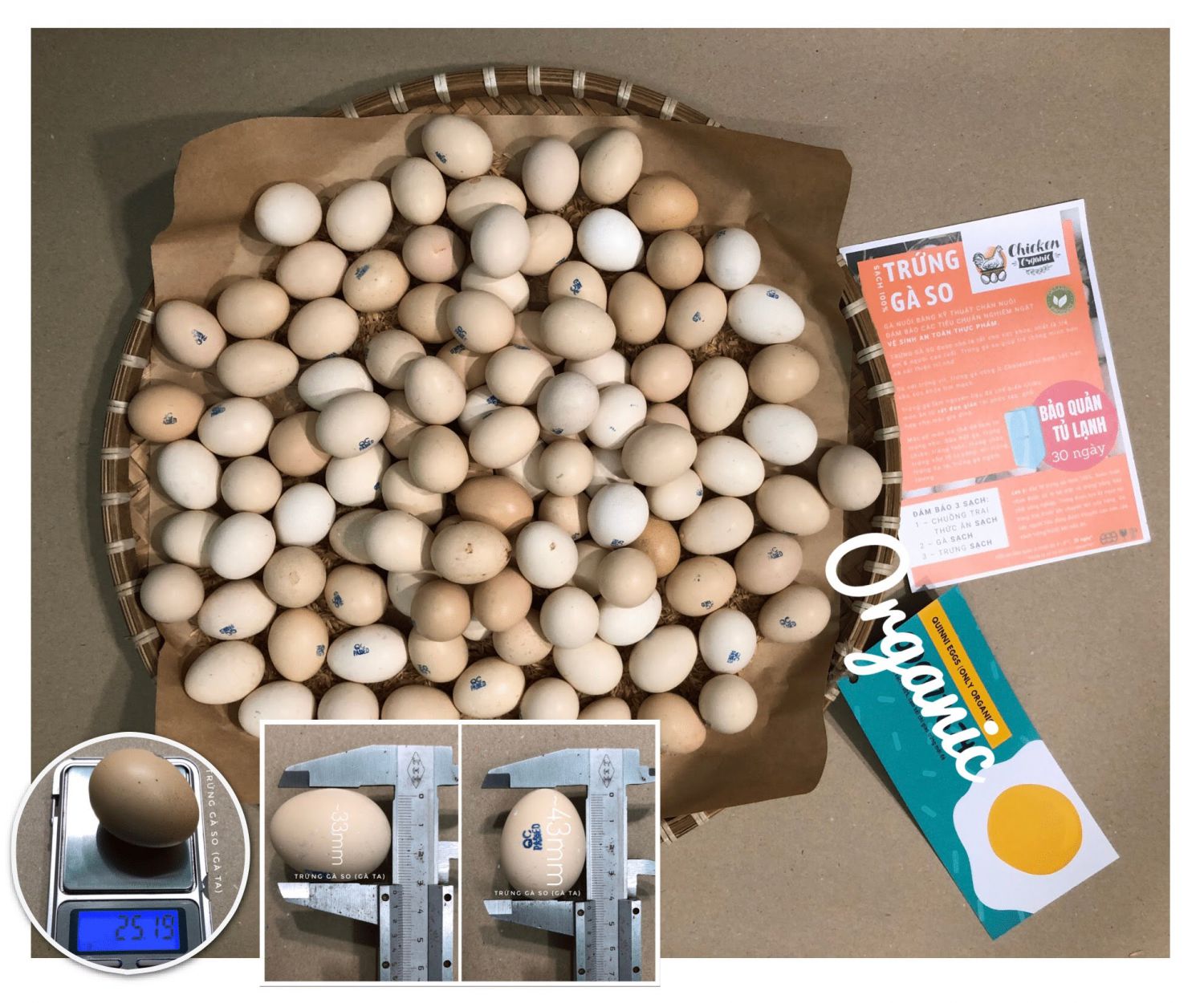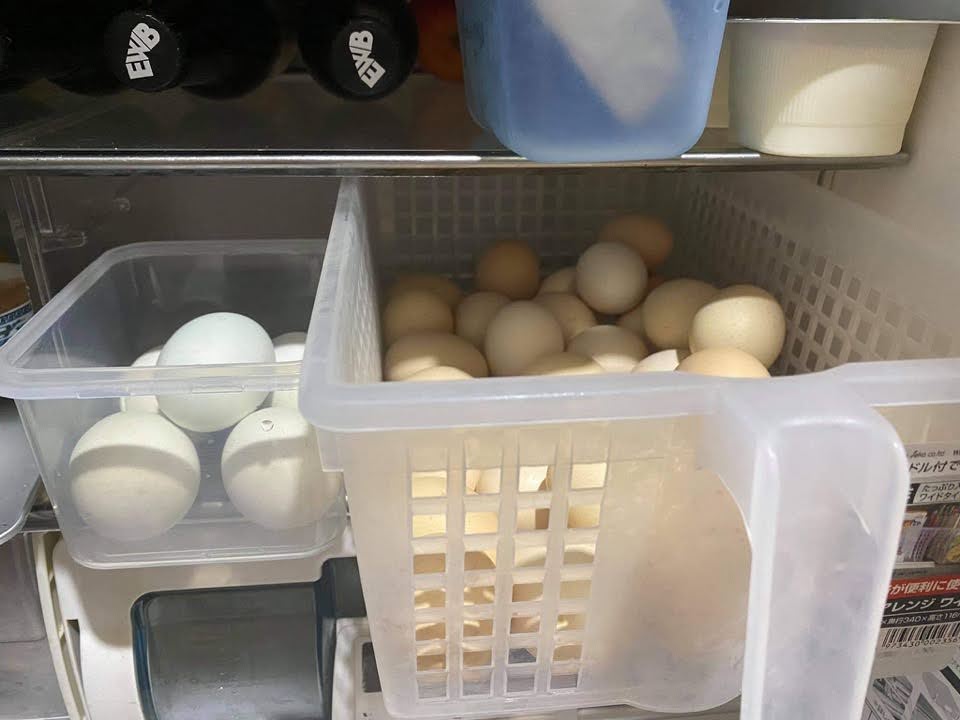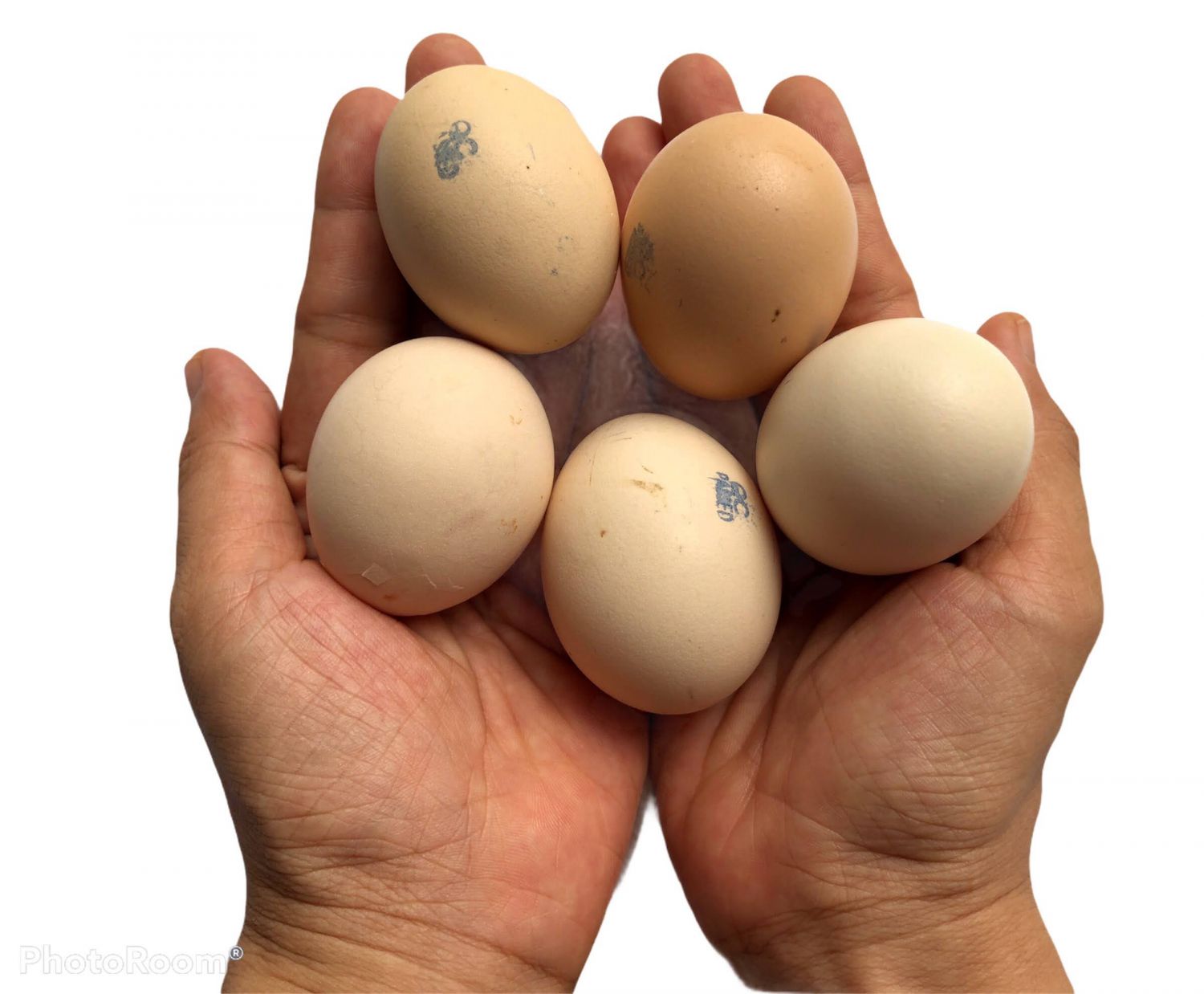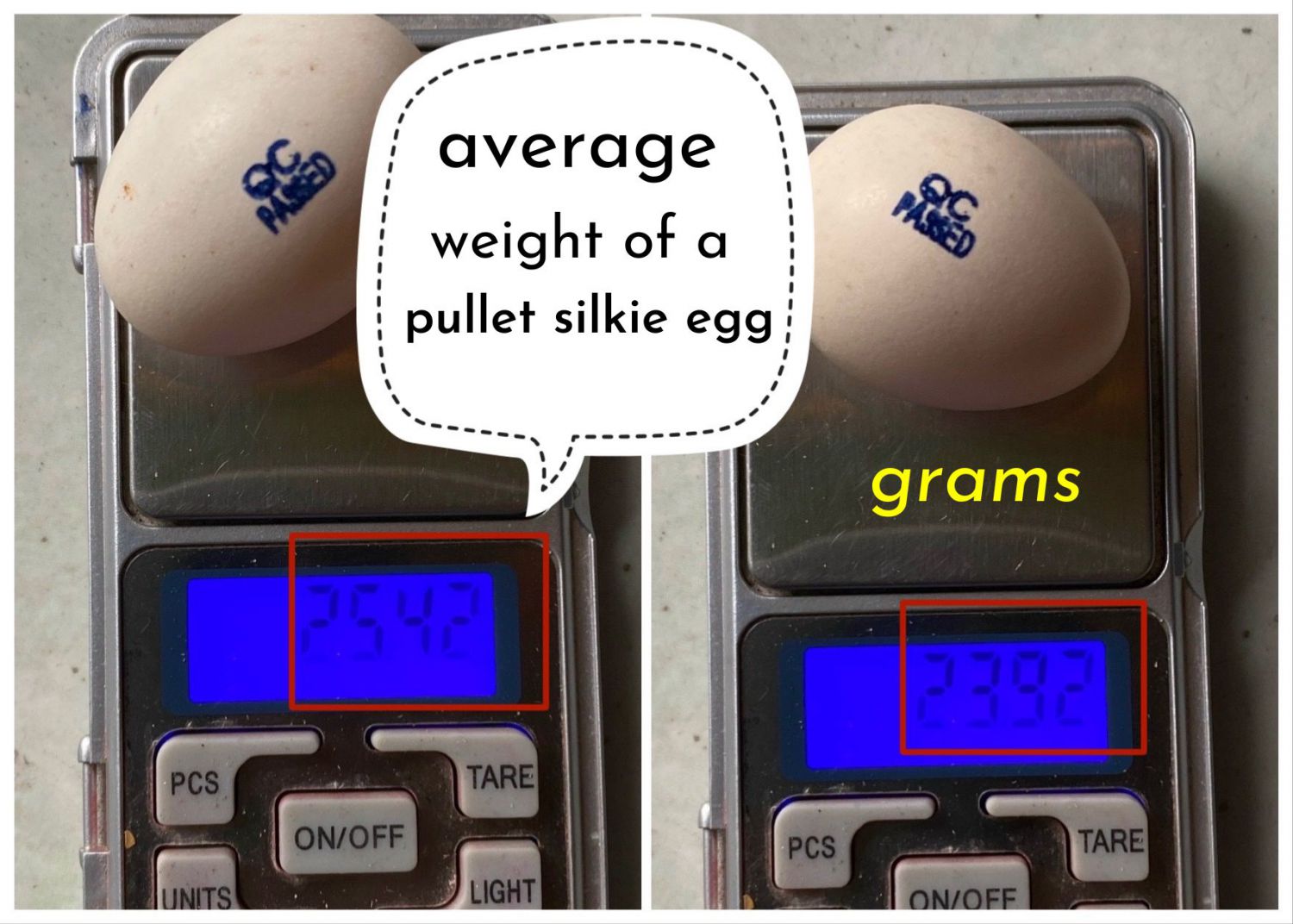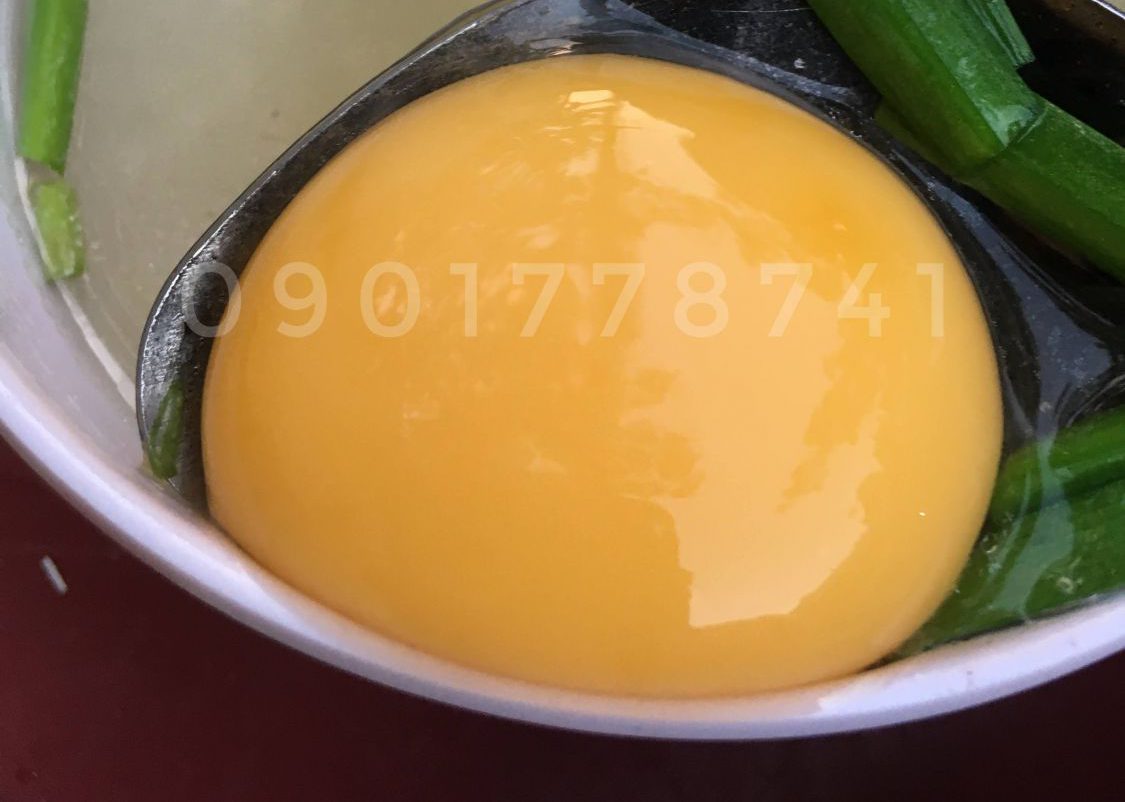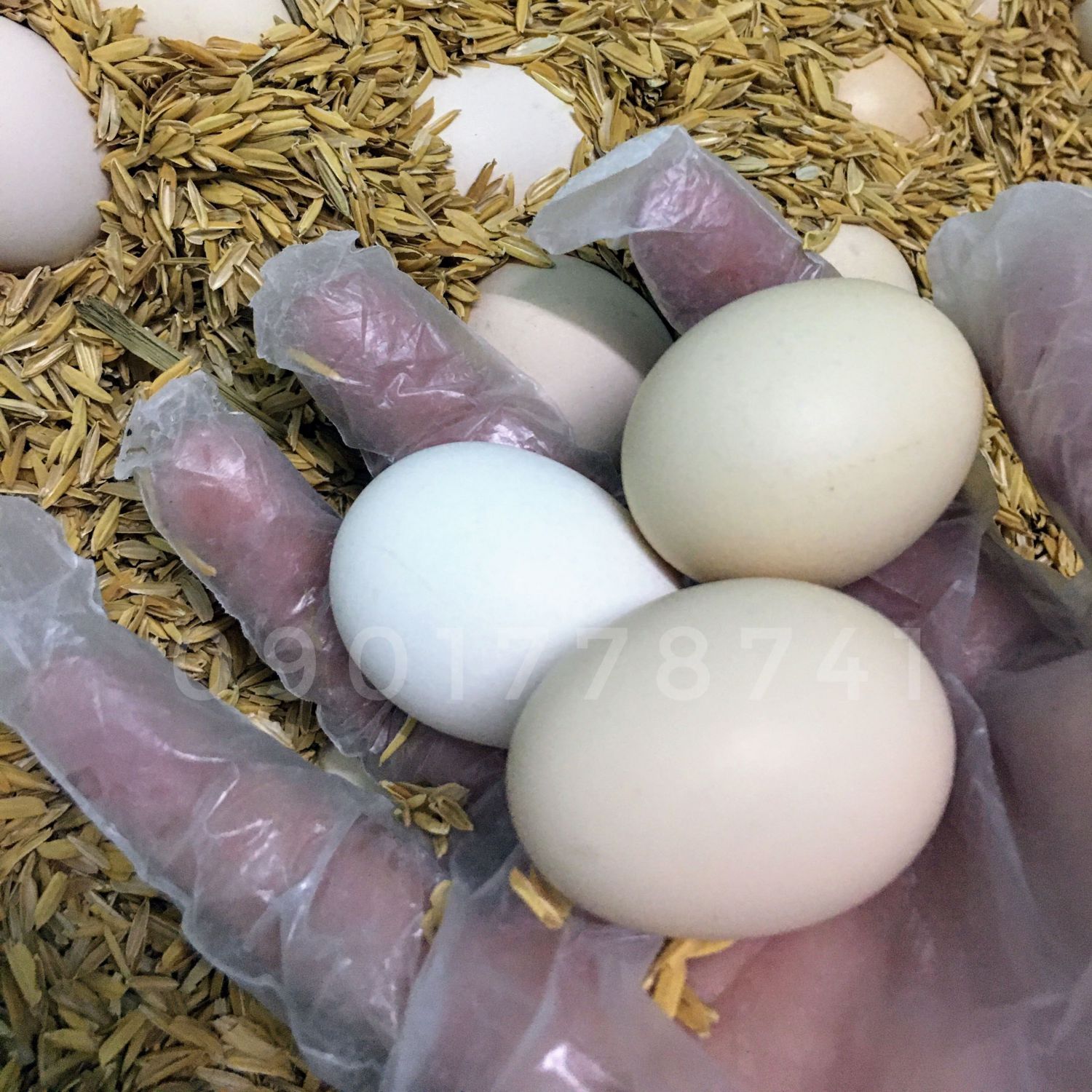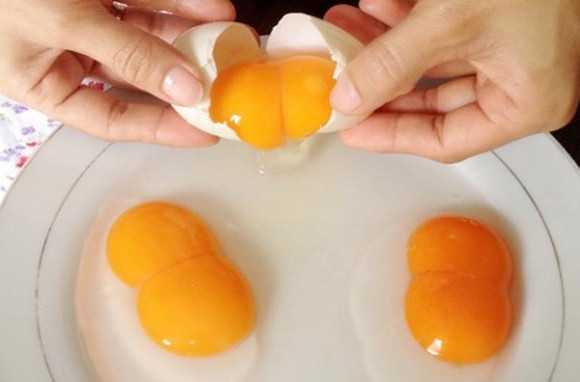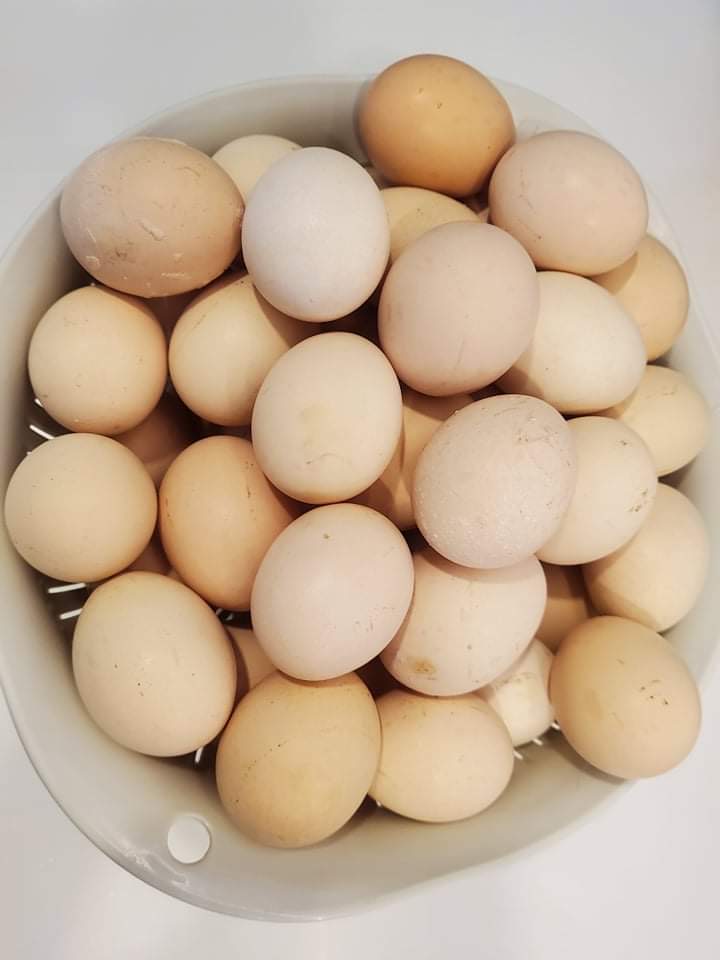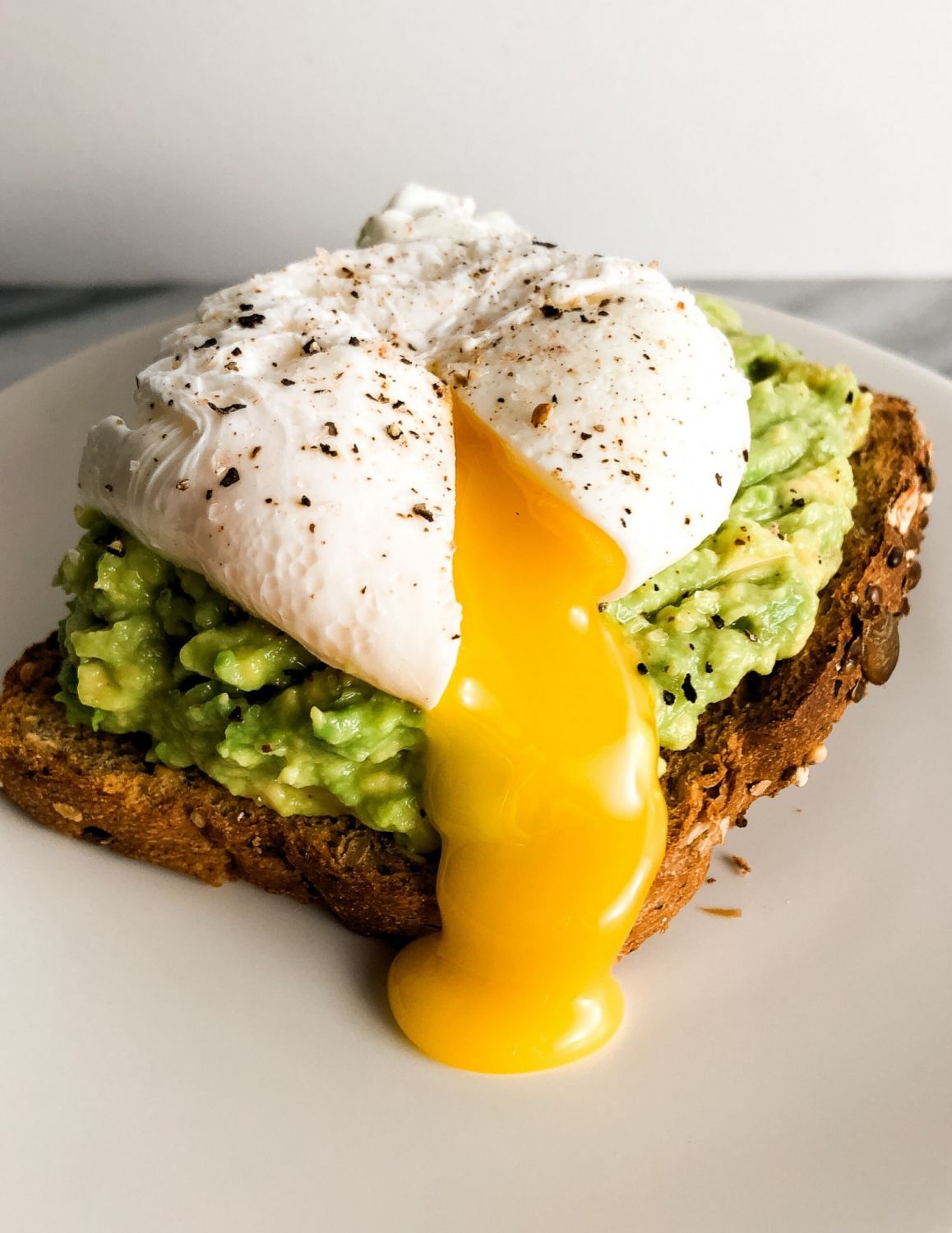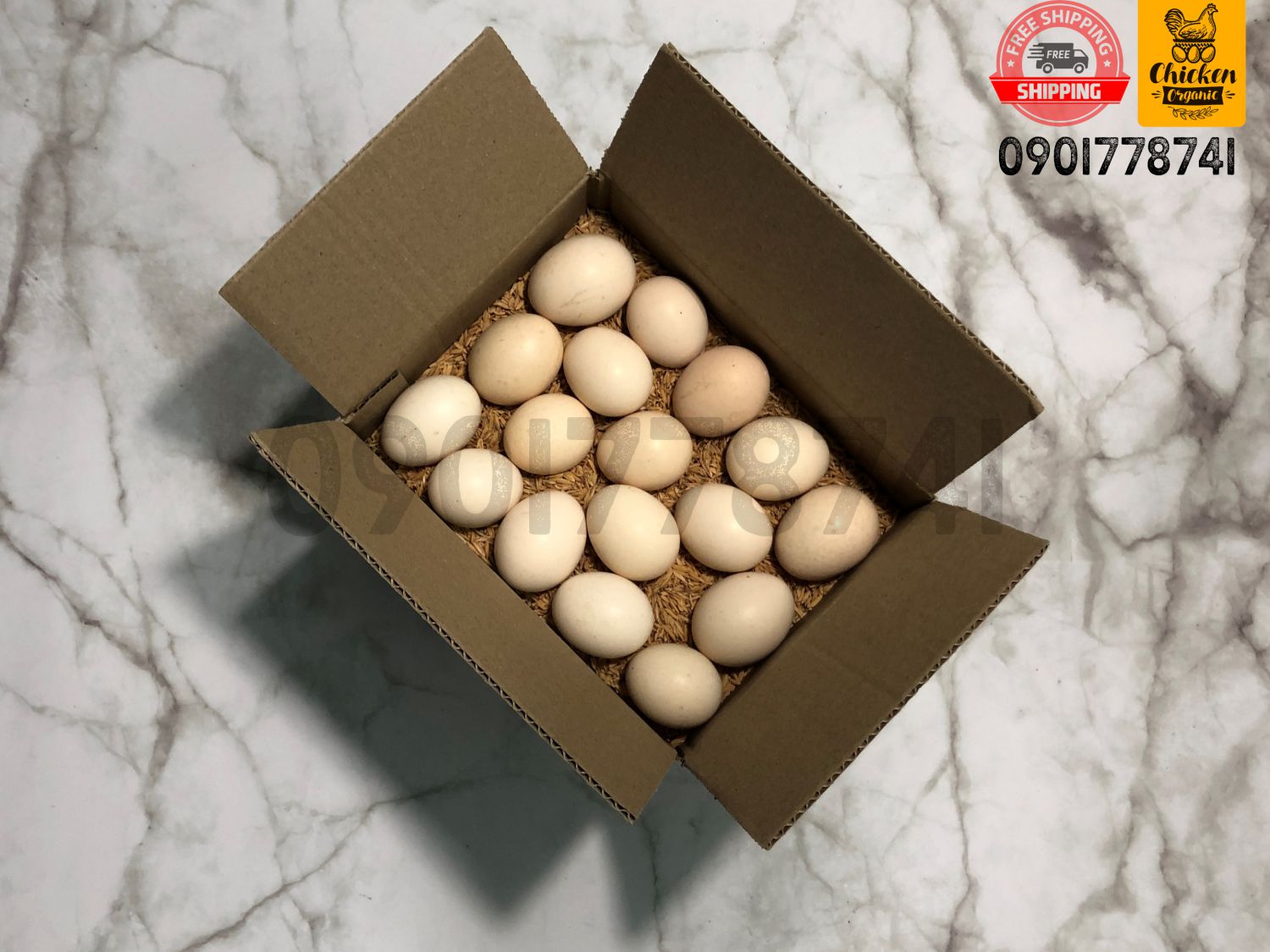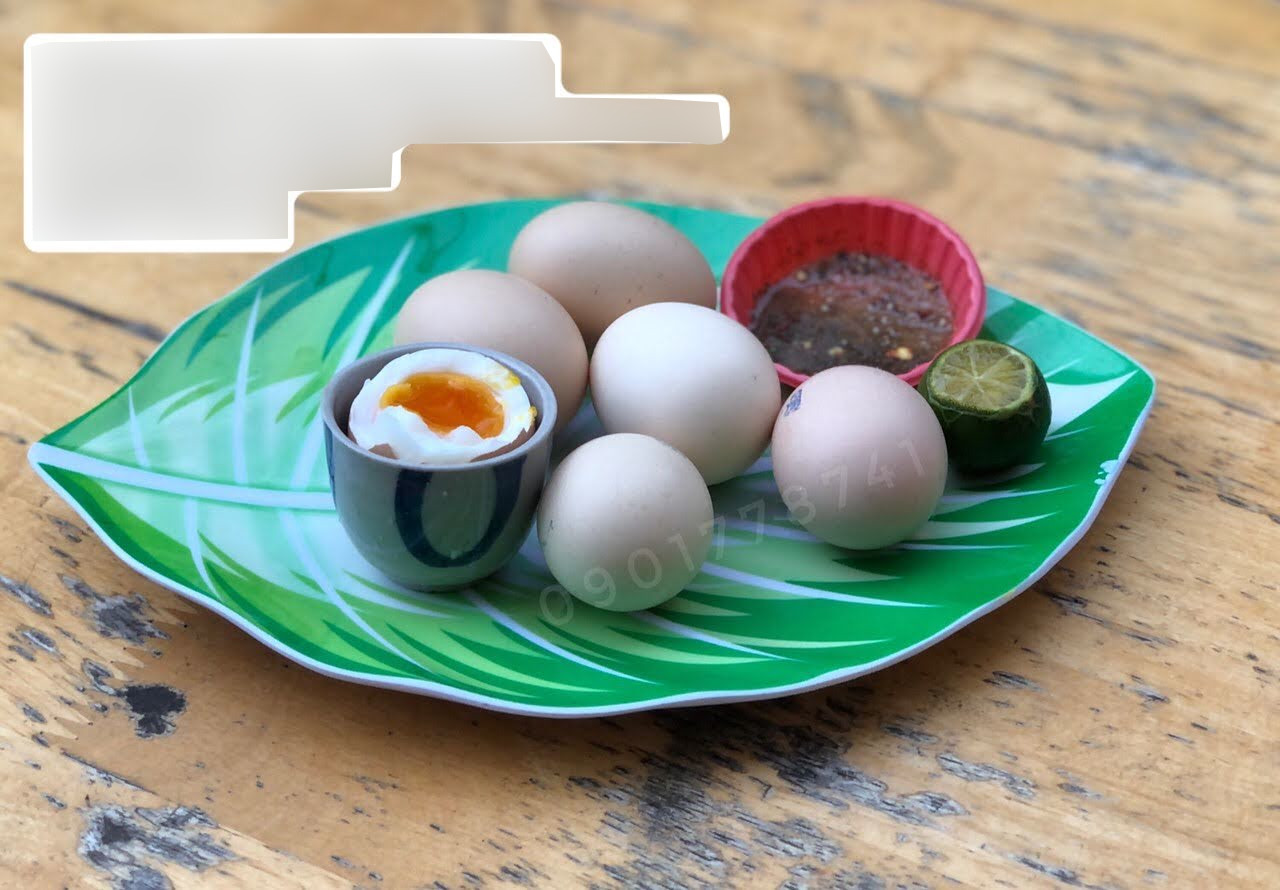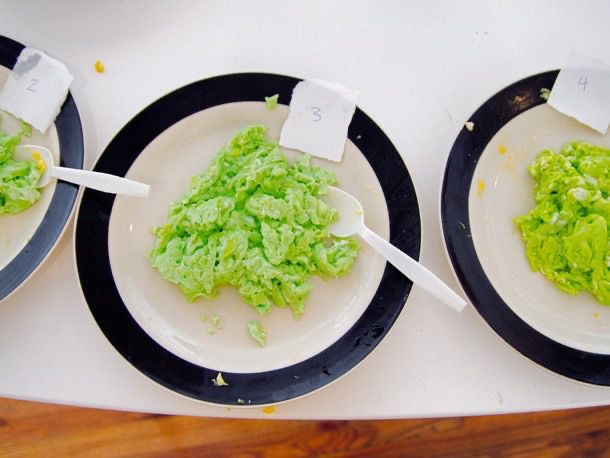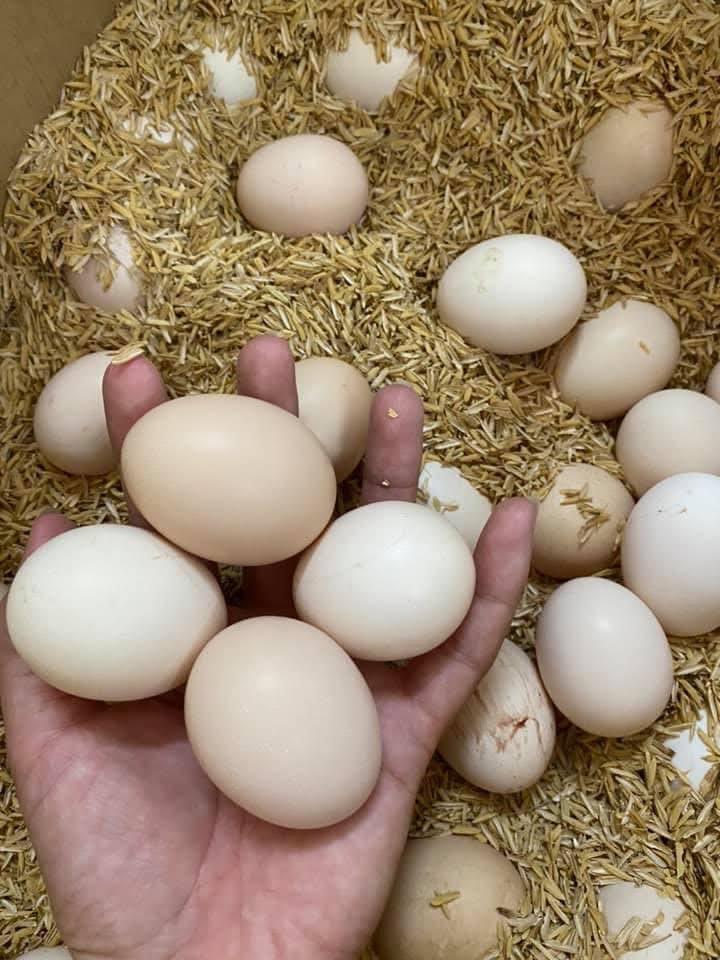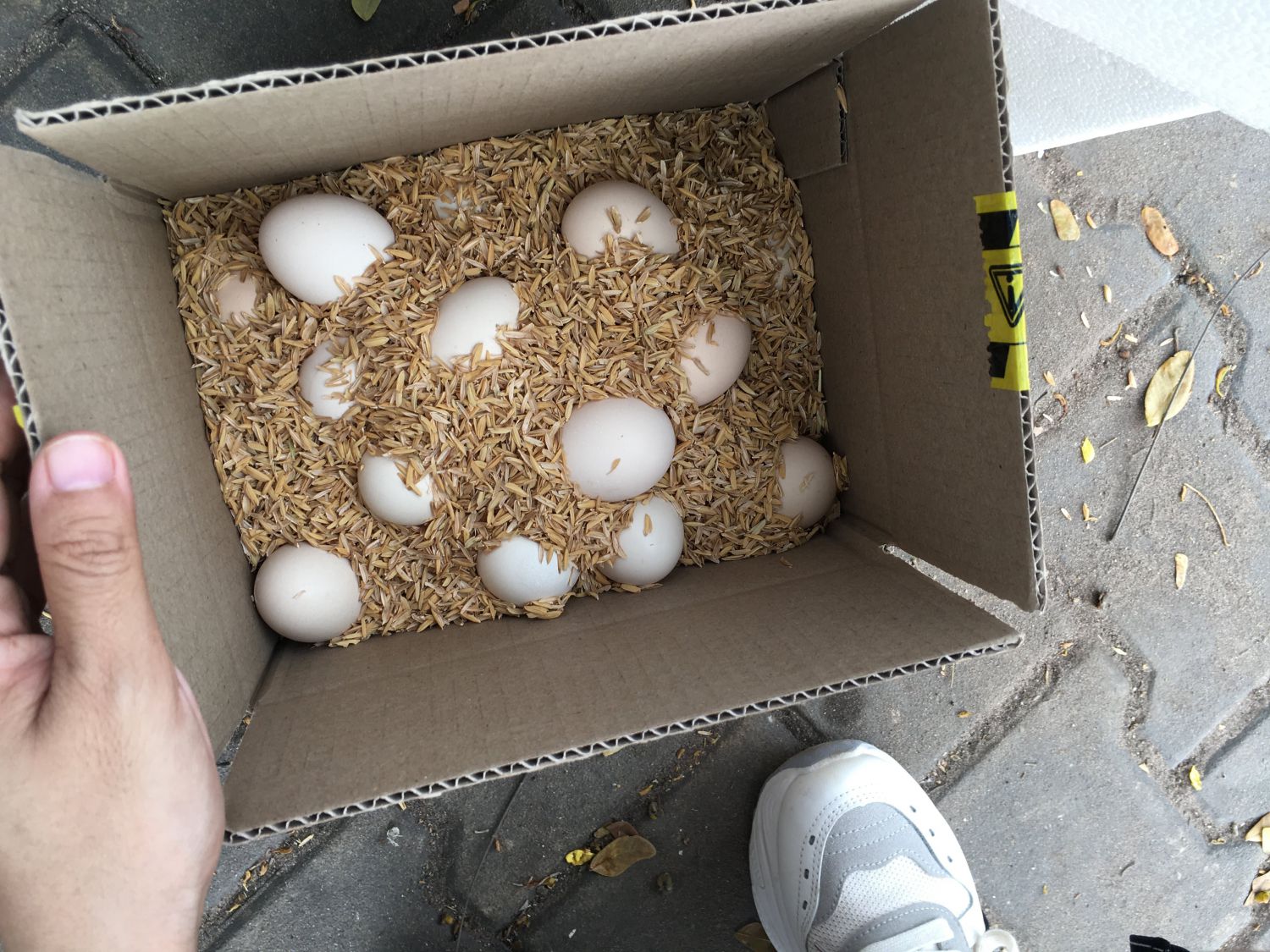What is a silky egg?
Silkie eggs, also known as silky fowl eggs, are a type of chicken egg that are prized for their unique characteristics and flavor. They are smaller in size than regular chicken eggs and have a slightly different taste due to the genetics and diet of Silkie chickens. While some people find Silkie eggs to be more flavorful and rich than regular chicken eggs, others do not notice a significant difference.
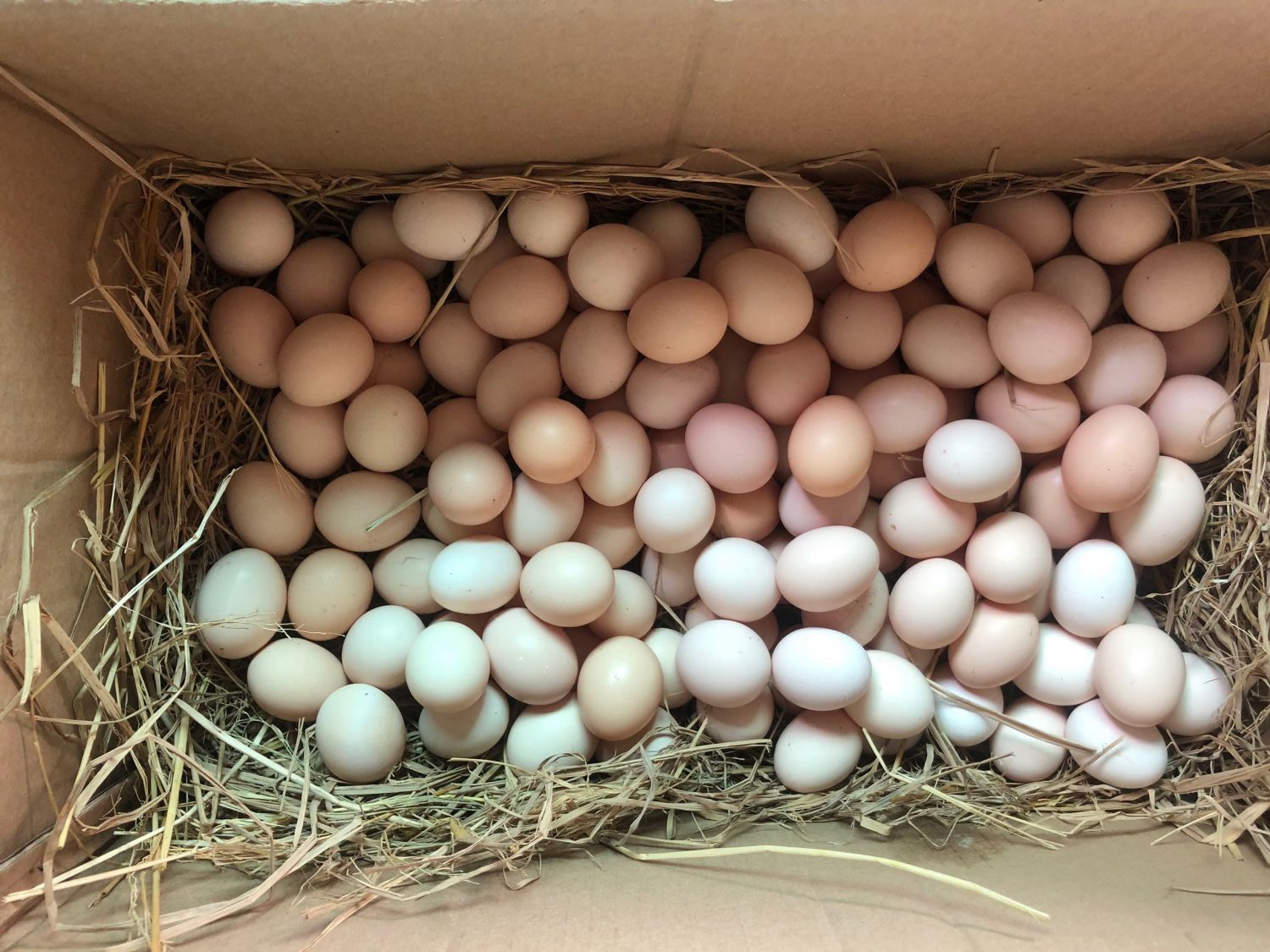
A recent study conducted by the Department of Foods and Nutrition at Koran Women’s Junior College in Fukuoka, Japan focused on the nutritional content, oxidative stability, and rheologic properties of Silkie eggs in comparison to regular hen’s eggs.
The results showed that:
- Silkie eggs have a significantly larger proportion of yolk to whole egg and lower levels of cholesterol than regular hen’s eggs.
- They also have higher levels of vitamins B2, B6, D, and E, calcium, and potassium.
- In terms of fatty acid content, Silkie eggs have a significantly higher level of unsaturated fatty acids at 62.5% compared to 53.9% in regular hen’s eggs.
A Study on the Nutritive Constituents and Oxidative Stability of Silkie Eggs
In terms of oxidative stability, Silkie eggs were found to have a significantly higher level than regular hen’s eggs. The generation of hydroperoxides, a type of chemical compound formed when oxygen combines with certain substances, was restricted in Silkie eggs until 8 days of storage and then increased gradually. In contrast, the generation of hydroperoxides in regular hen’s eggs increased drastically after 6 days of storage.
The Role of Silkie Eggs in Baking: Improved Quality and Rheologic Properties
When Silkie eggs were used to make baked sponge cakes, the cakes had significantly higher rheologic properties, meaning they had a more desirable texture and consistency, and lower levels of lipid peroxidation and water content compared to cakes made with regular hen’s eggs. These findings suggest that the use of Silkie eggs can improve the quality and oxidative stability of baked cakes.
However, further research is needed to fully understand the differences in physical properties of the cakes and the mechanisms behind the oxidative stability of Silkie eggs.
How to Safely Handle and Cook Silkie Eggs
It is important to handle and cook all eggs, including Silkie eggs, properly to reduce the risk of foodborne illness. This includes washing your hands thoroughly before handling eggs and cooking them to a safe internal temperature of 160°F (71°C) as recommended by the USDA. Silkie eggs can be prepared and cooked in the same way as regular chicken eggs and can be checked for doneness using a food thermometer or by ensuring that the whites and yolks are firm.
